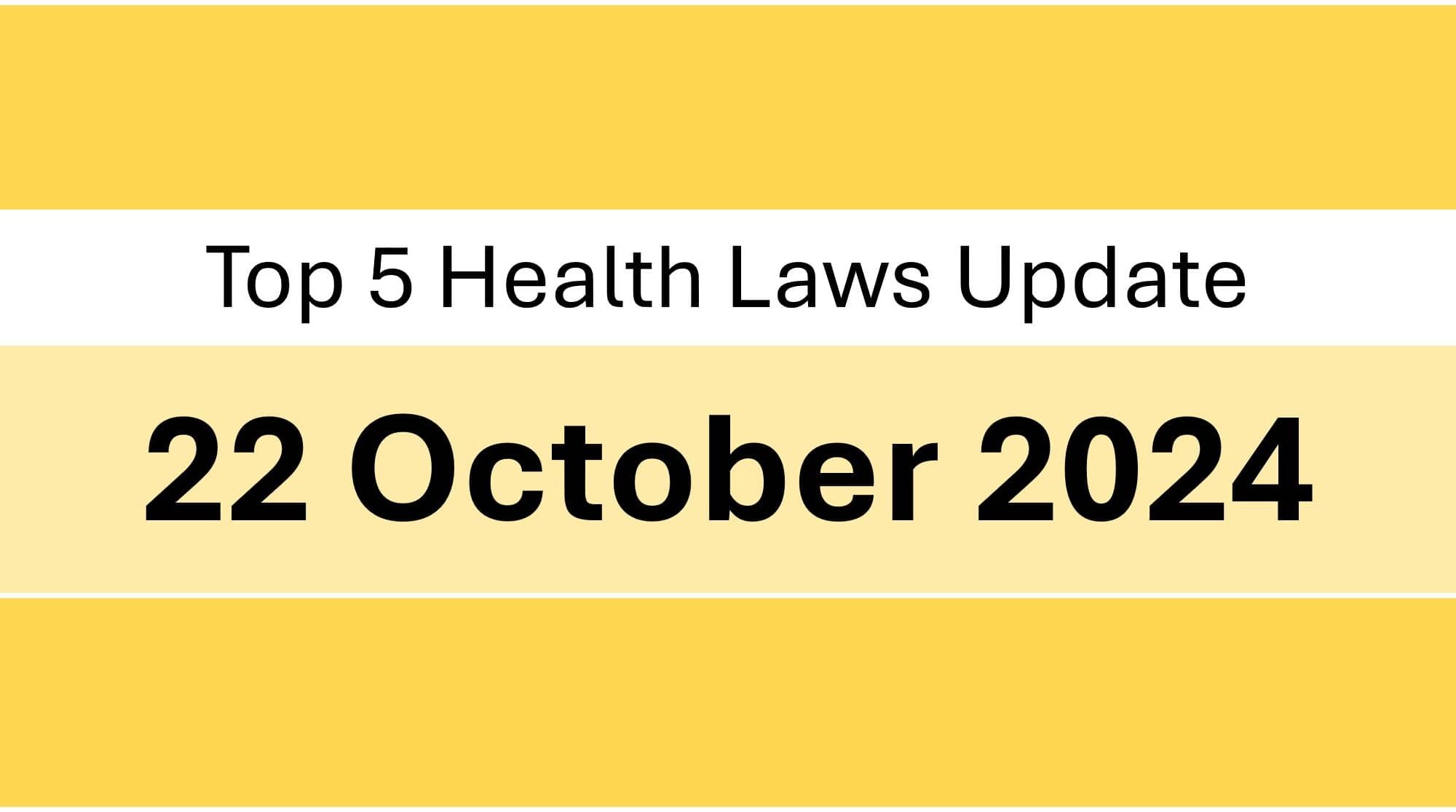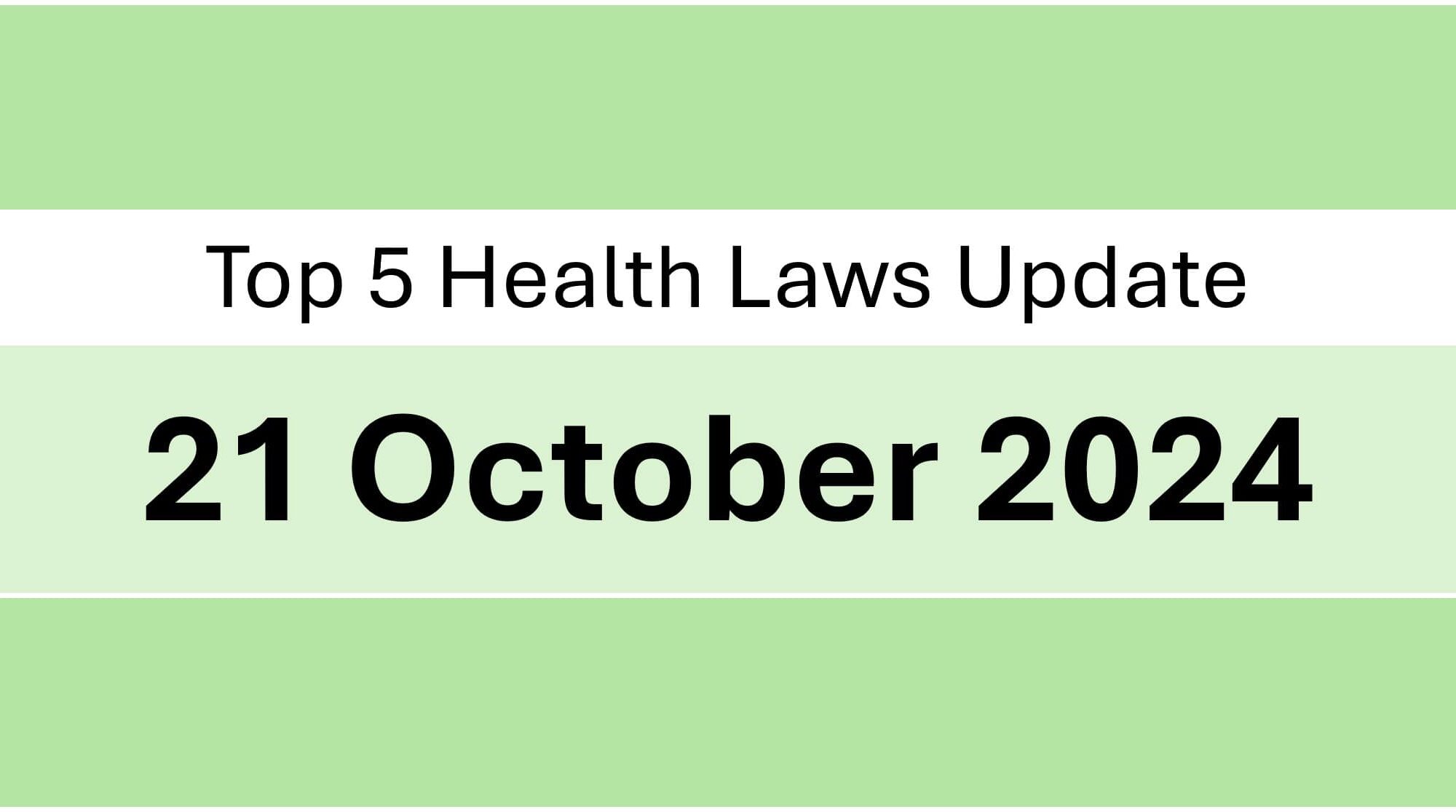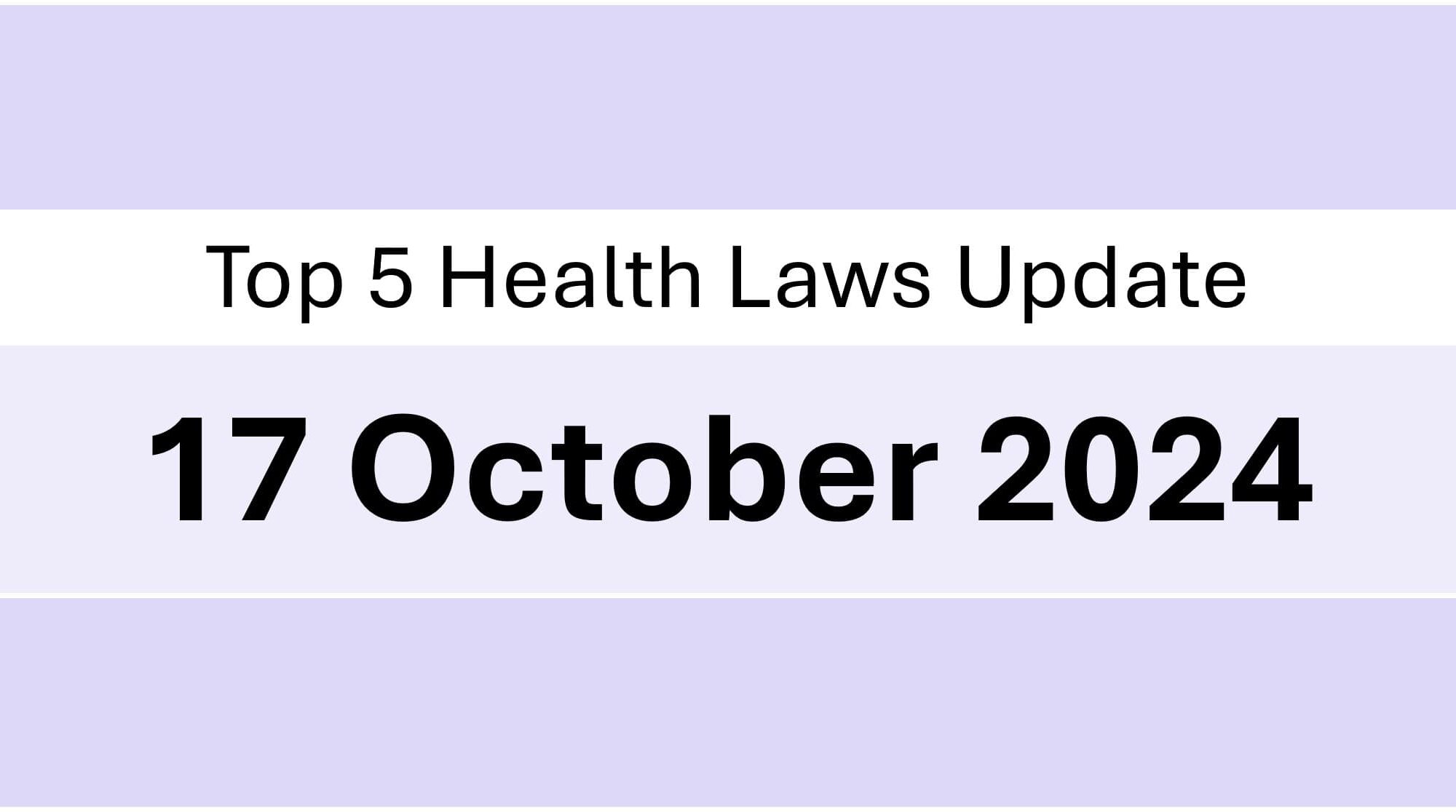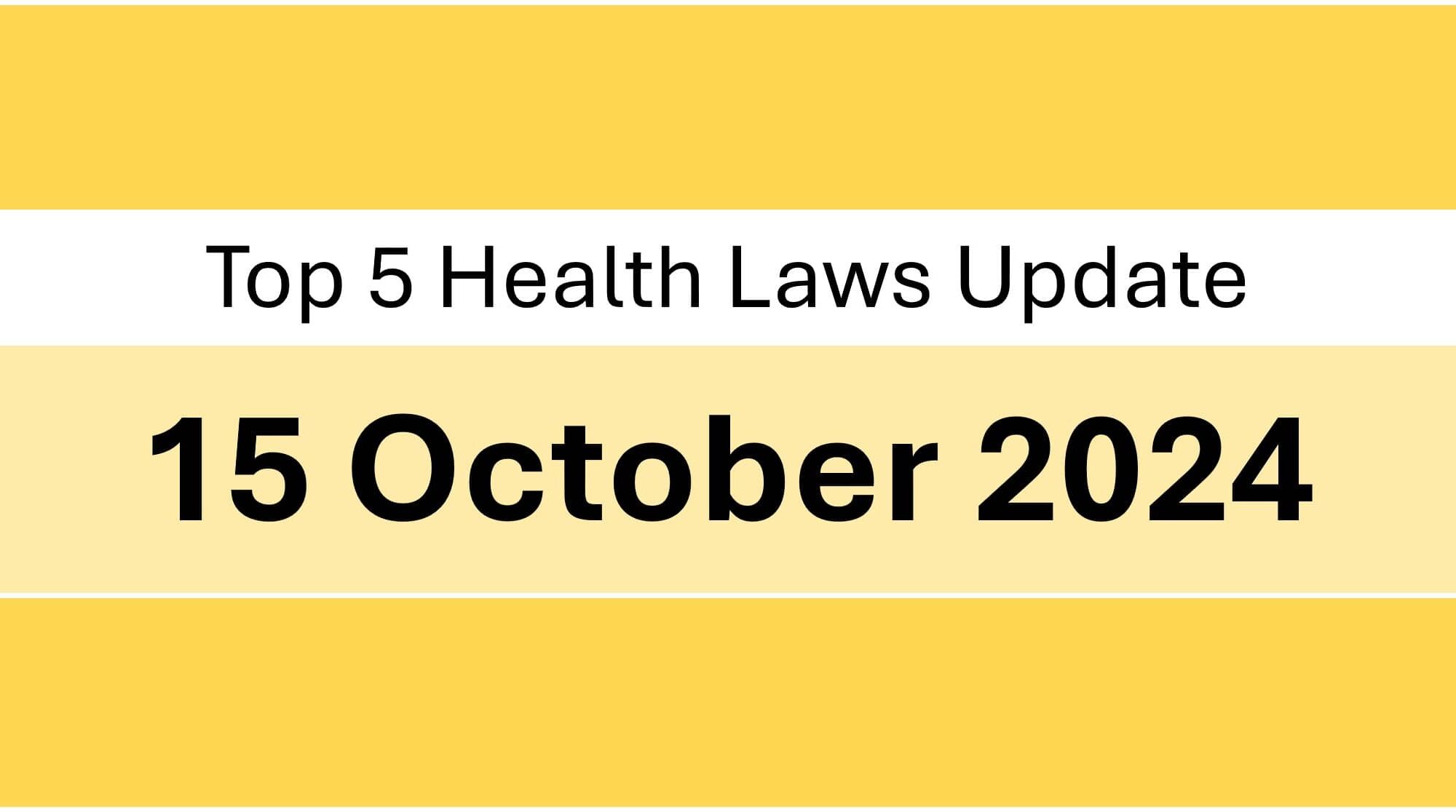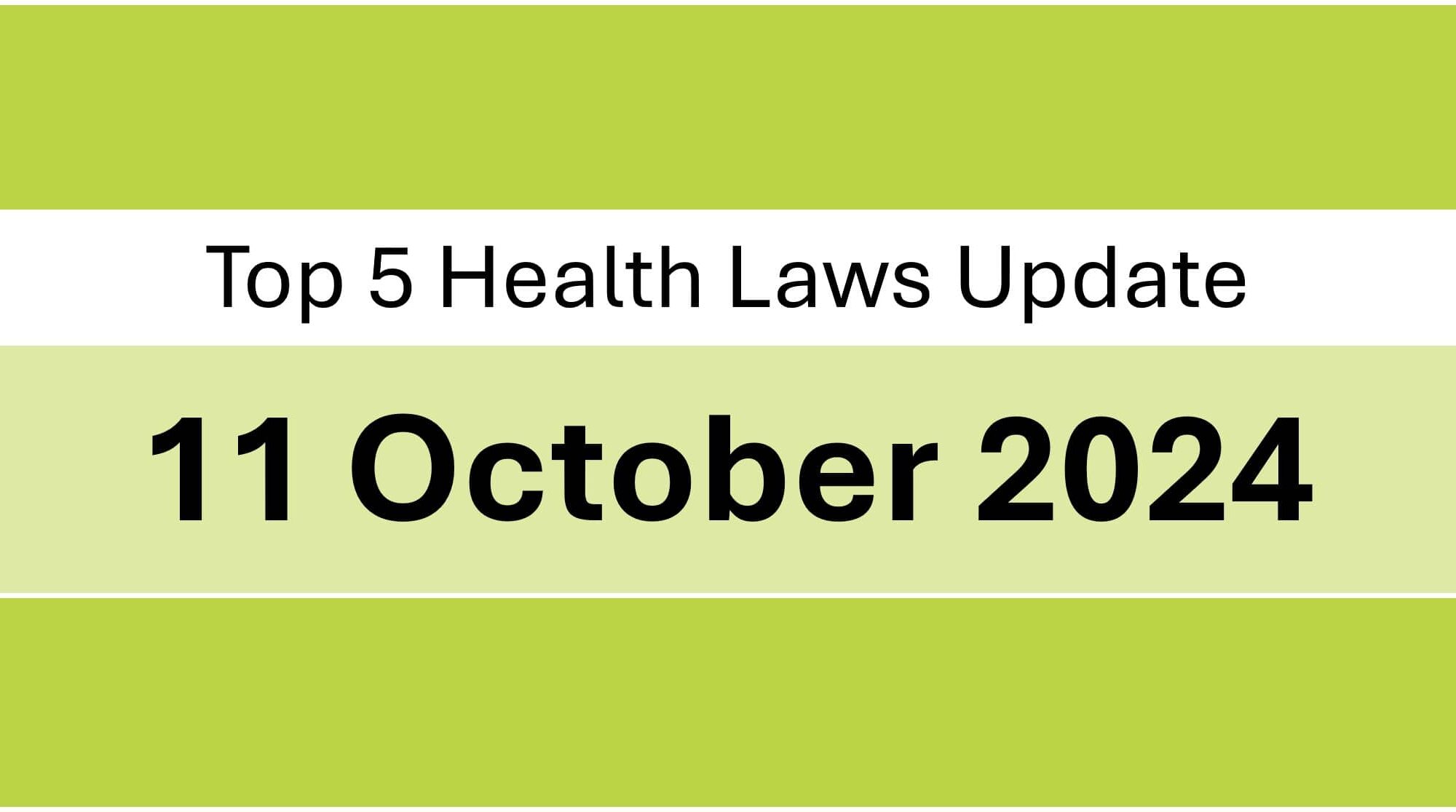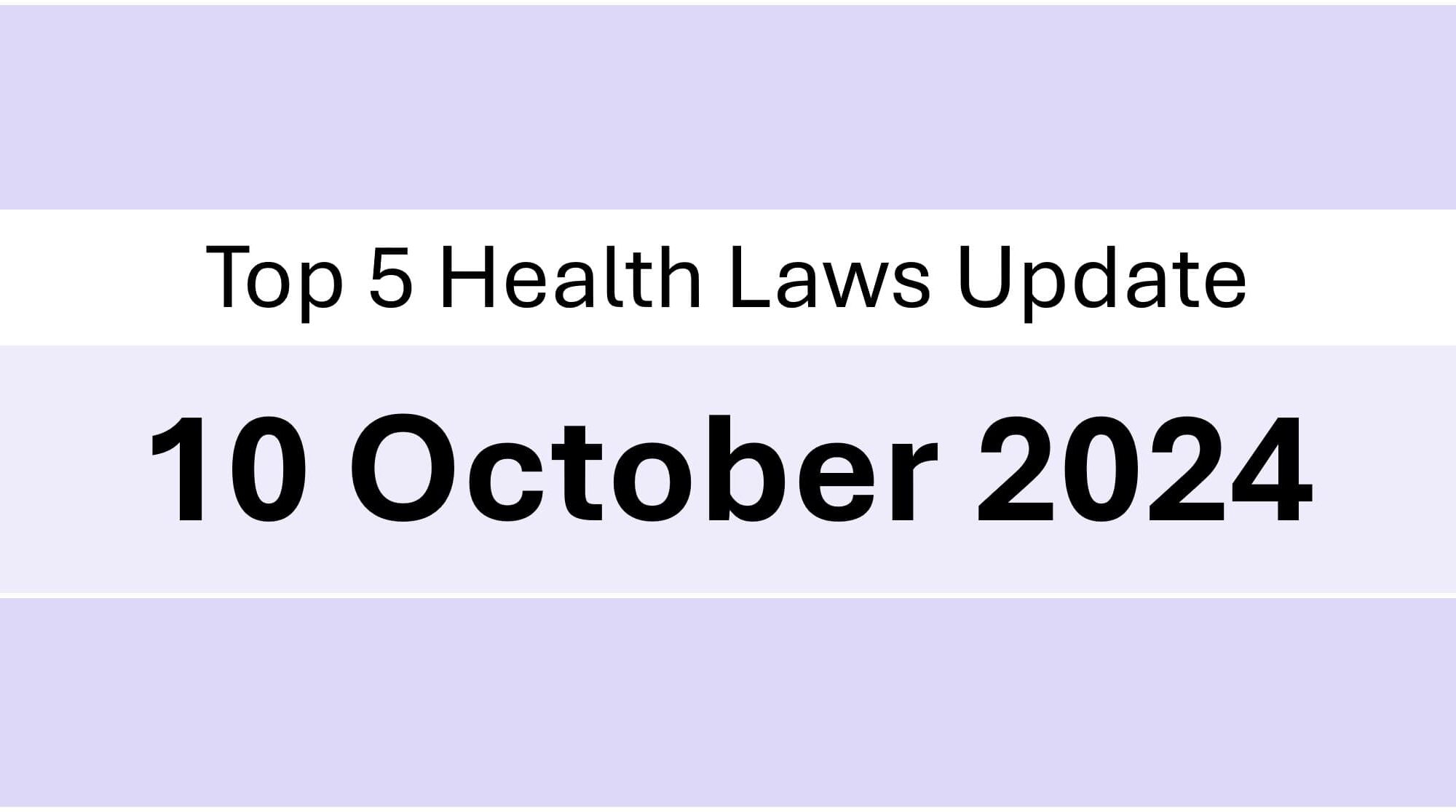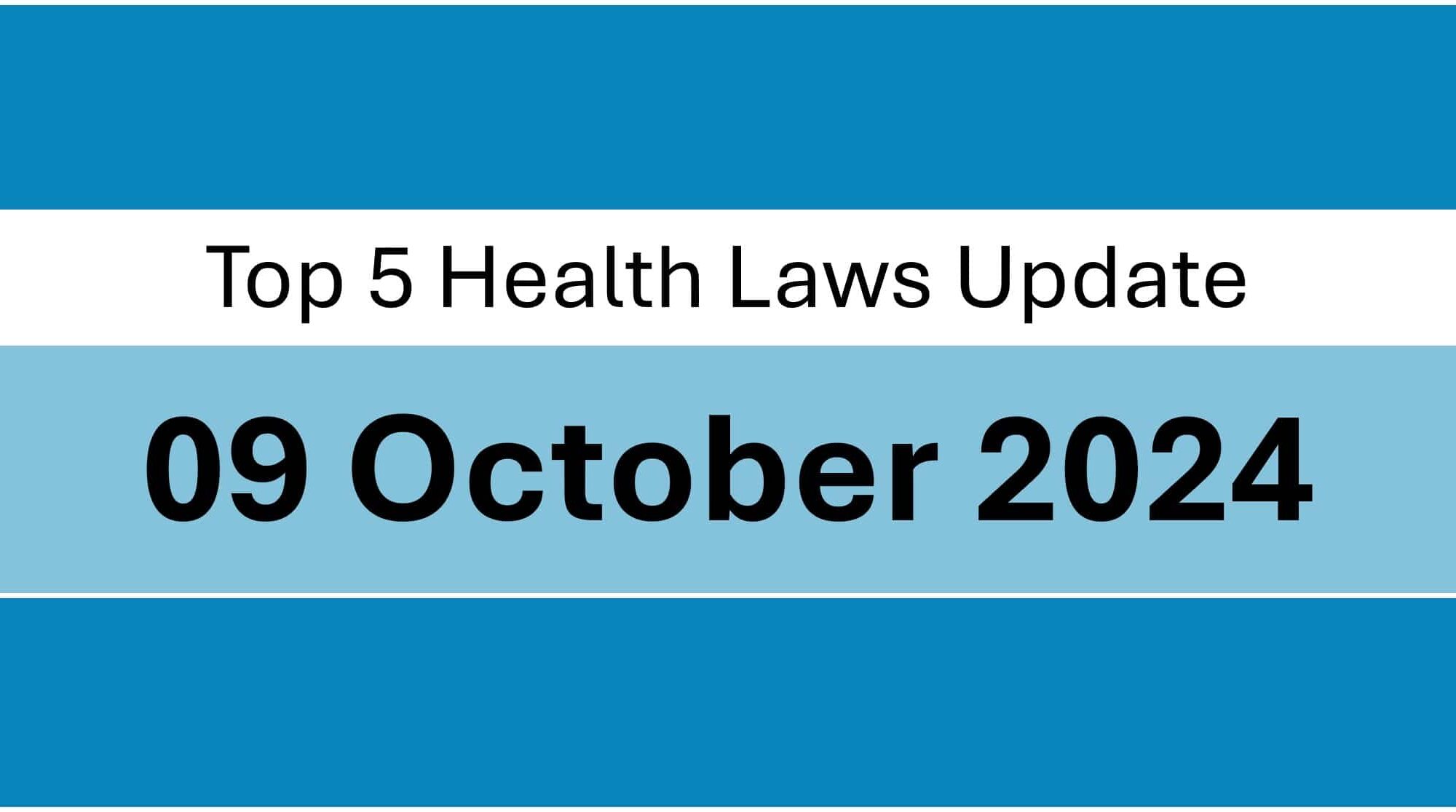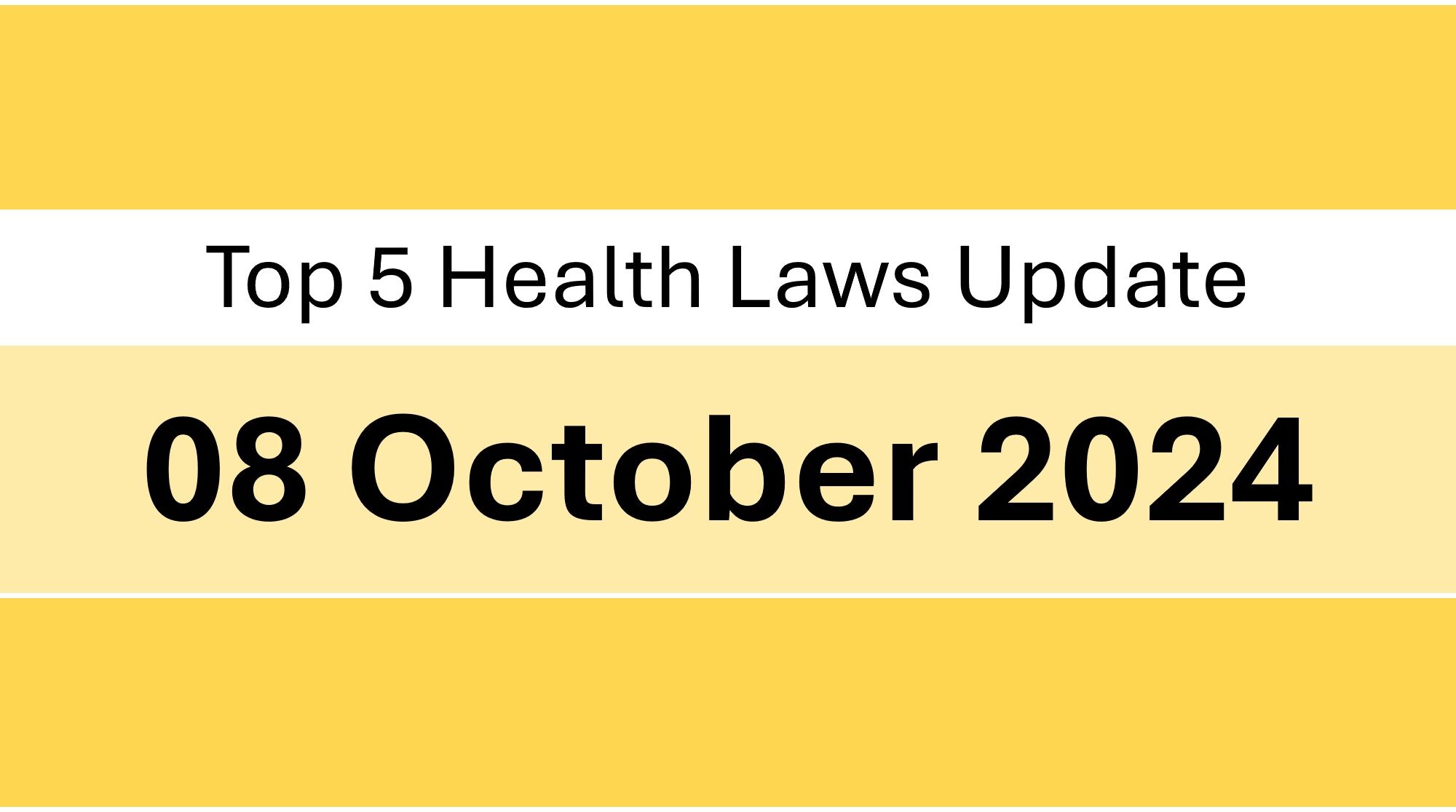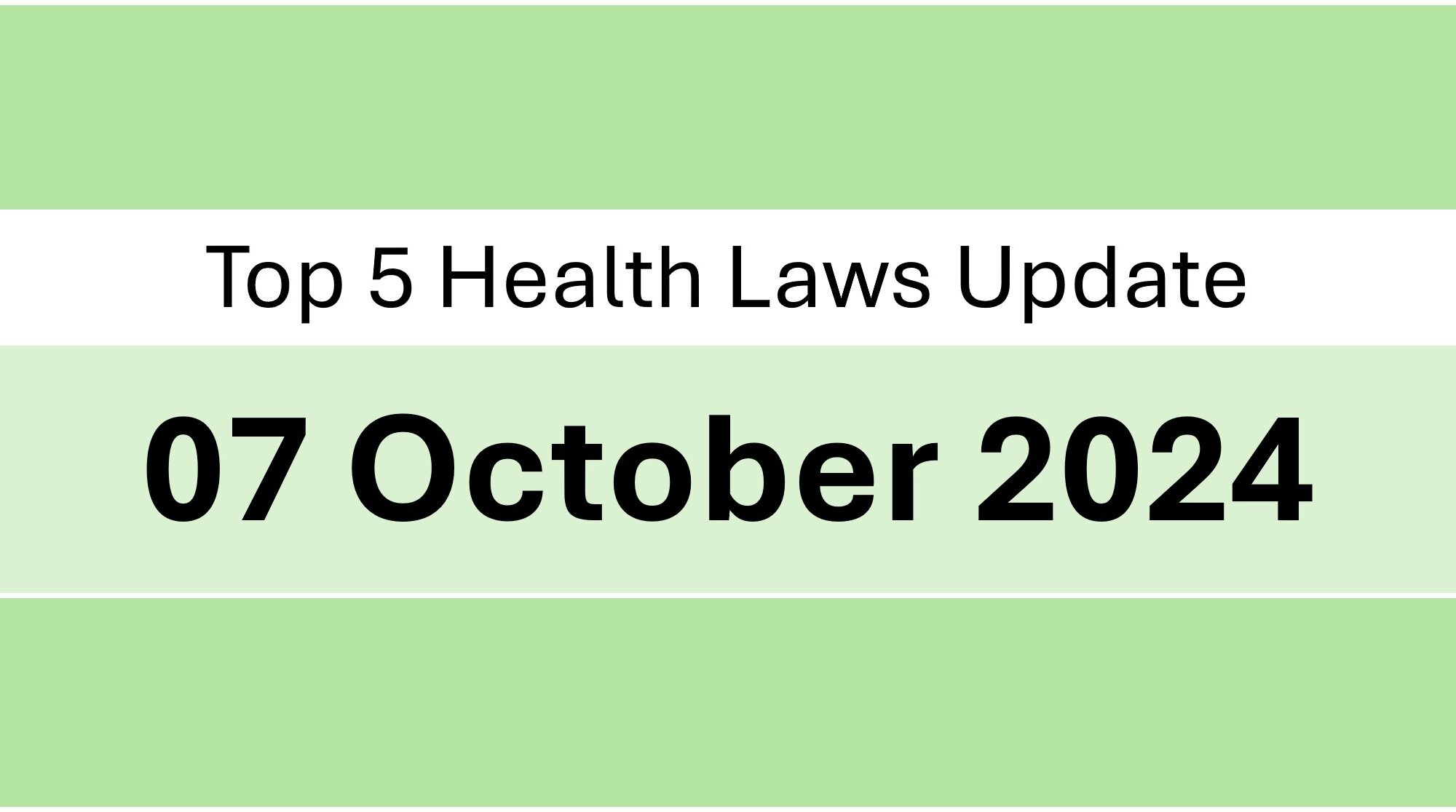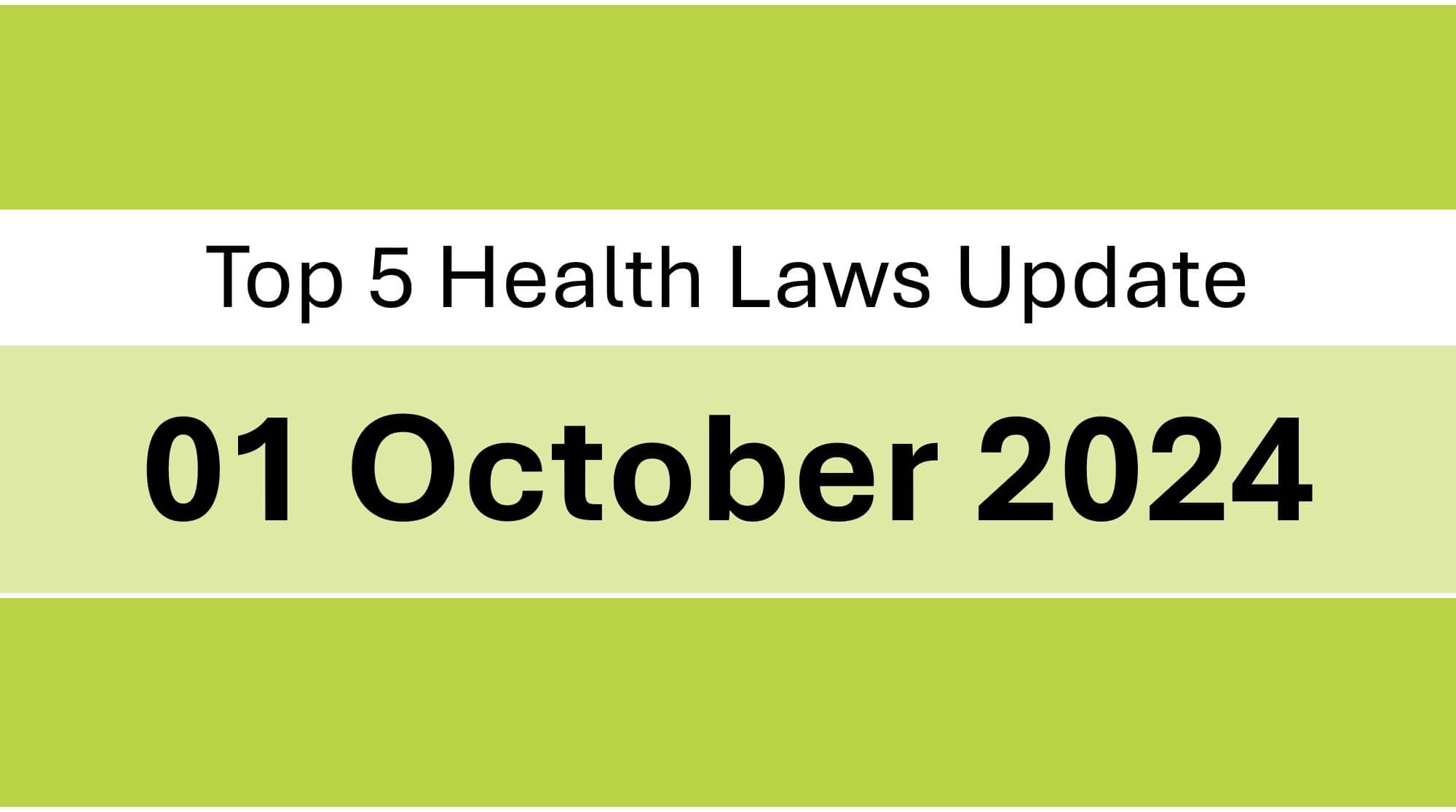Dear Readers, we are happy to share the most interesting legal and policy updates concerning health industry that we read today. We hope you enjoy reading it.
1. Export samples of “Cough Syrup” under HSN code 3004 has been exempted from testing by the Directorate General of Foreign Trade (DGFT) provided they are being exported to or are manufactured at a plant/section which is approved by the regulatory agencies of USA, UK, Canada, European Union, Japan, Australia, Singapore, Republic of Korea and Switzerland.
Source: bit.ly/3YeH6tI
2. India’s Department of Pharmaceuticals (DoP) has recently rejected the review application of a leading pharmaceutical company and upheld the action of NPPA in fixing the ceiling price of the subject formulation. DoP stated that all modified release formulations of a drug that were mentioned in National List of Essential Medicine (NLEM) 2011 – Schedule I of Drugs Price Control Order, 2013 (DPCO, will be included in the NLEM 2015 – Schedule I of DPCO even though not specifically mentioned in NLEM 2015. It may be worth noting that, NLEM 2022 unlike NLEM 2015 specifically mentions that all modified release formulations of drugs specified in the NLEM list of 2022 will be regulated as scheduled formulations.
Source: bit.ly/3NzW73a
3. Goods and Service Tax (GST) on life and health insurance premiums by senior citizens may reportedly be exempted from GST irrespective of the coverage amount. Group of Ministers (GOM) to submit its report on the GST rates on life and health insurance premiums to the GST Council by October end of this year and final decision will be taken by the GST Council.
Source: bit.ly/3Nxr1cr
4. India’s pharmaceutical exporters are waiting for a government response to their request for an exemption from the onerous payment conditions prescribed under Section 43B (h) of the Income Tax (IT) Act, 1961. They are advocating for a minimum 60-day credit period, which is in line with global market standards where credit terms frequently extend up to 120 days. According to section 43B (h), payments for goods or services must be cleared within 45 days of acceptance. Failure to comply within this period creates financial burden and prevents businesses from claiming these payments as tax deductions.
Source: bit.ly/3Nx3dFD
5. To streamline and modernize pharmaceutical export-related procedures, the Directorate General of Foreign Trade (DGFT) has implemented an electronic Appendix 4H certificate filing system. The certificates which record the consumption and stock of duty-free imported or locally sourced raw materials under the Advance Authorization (AA) and Duty-Free Import Authorization (DFIA) schemes, are fully digitalized, as highlighted in Trade Notice No. 21/2024-25. Digital submission of these certificates is now mandatory for all pharma exporters.
Source: bit.ly/3YvCbES
Source: bit.ly/48fPe0g

